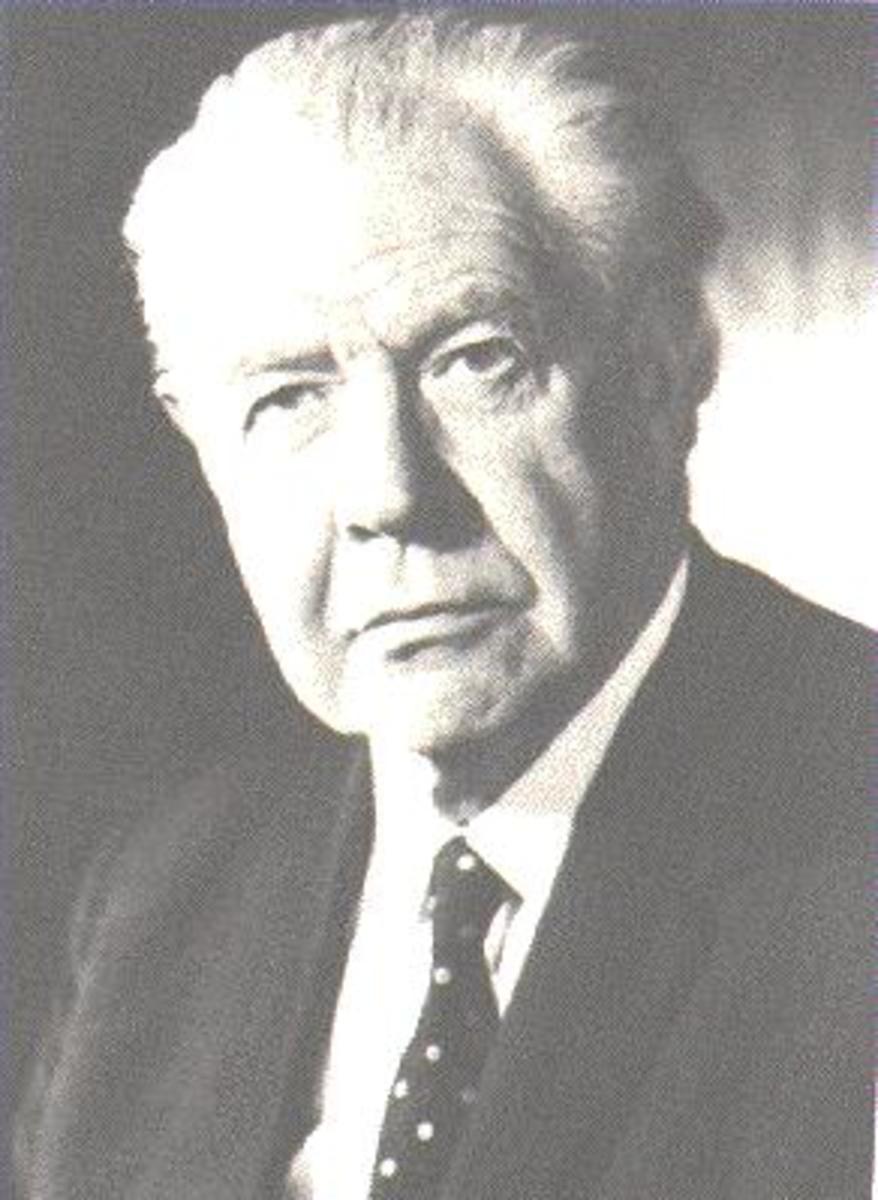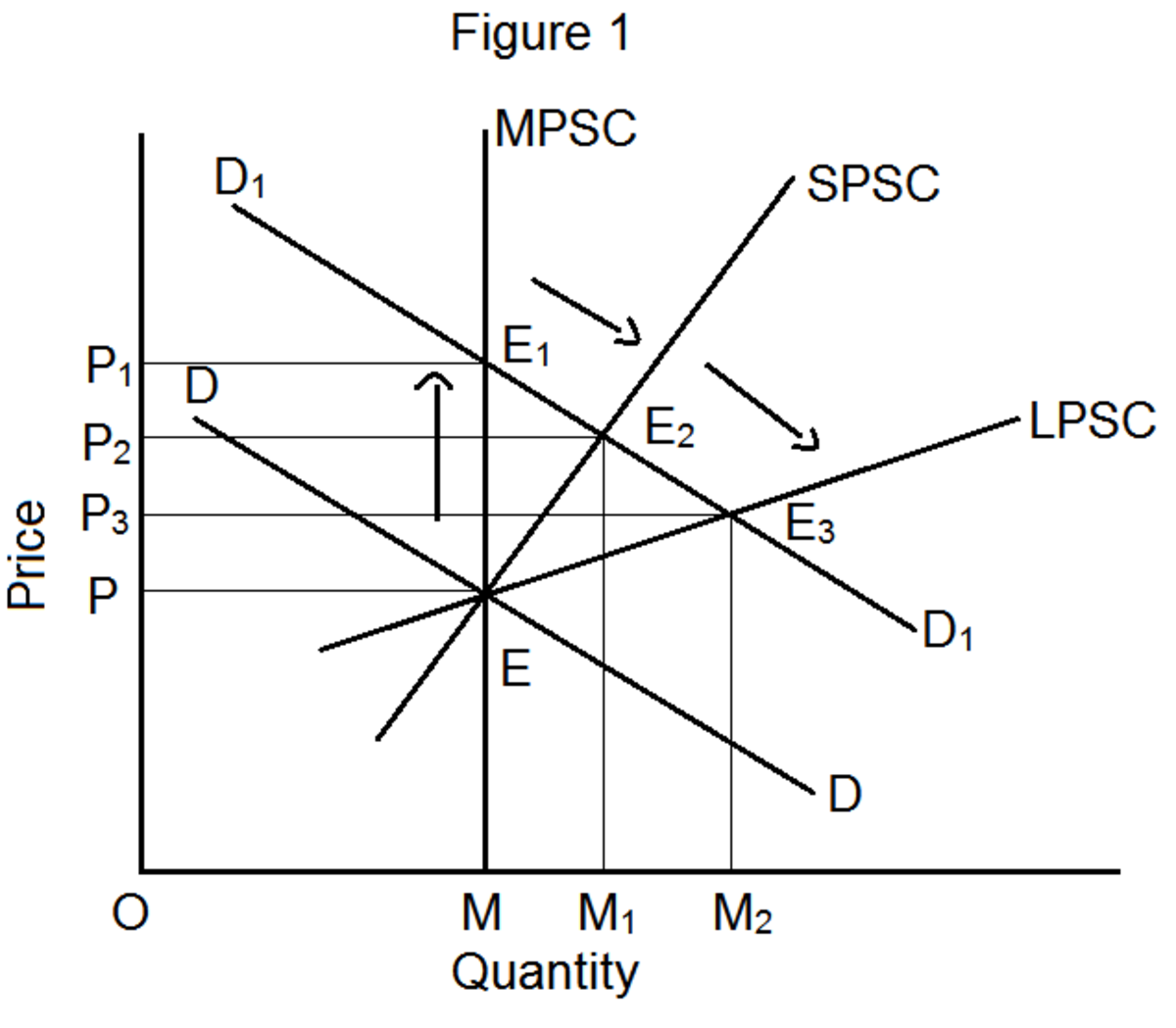History of Economic Thought; A Brief Note

Introduction
Now we are living in a globalized world and so economics plays an important role to study about the world. because as a human beings, people are desired to get commodities to satisfy their wants. And almost every transactions are delivering through the medium of money or something like that. When we study the past society we may find the influence of economical matters in their day to day life. Any way economic thought simply refers to the study of economic related things. As mentioned above the economic thought had a long tradition from the early ancient period onwards. So, the study of past economical experiences of different societies can be said as the history of economic thought.
“history of economic thought can be defined as a critical account of the development of economic ideas, searching into their origins, interrelations and manifestations”.
— Professor Haney,Why Study the History of Economic Thought
There are many arguments among scholars to study the history of economic thought, while some other scholars neglect the study of the history of economic thought. Since Economics is a necessary part of any society, it is more suitable to study the history of economic thought. The main reasons for studying the history of economic thought are listed below.
a) The study of economic thought will enable us to understand the origin of economic ideas. So, to reduce the complexity of history of economics, the entire history can be categorized based on the chronological order like ancient, medieval and modern economic ideas. The same thing can be also categorized as Economics before classical and Economics after classical.
b) The study of history of economic thought will help us to understand great and olden economists and their contribution to the world. Plato, Aristotle etc. are some of the great ancient philosophers and they also contributed their ideas for the society of that time.
c) The study of history of economic thought will help to compare and analyze the societies of different times. This will also enable us to realize the relative symphony of economic ideas.
Economics As a Science
Now, majority of the scholars arguing economics is a science. This is mainly because economics is the body of systematic knowledge. Even though the history of economics came from the human birth onwards, it lacked the scientific ideas or system. Later on 1776, Adam Smith published his famous work “The Wealth of Nations”, this considered as the turning point of economics. Because from the time of Adam Smith onwards, it got got attraction. So in short, Economics become a science only after the publication of “The Wealth of Nations” in 1776. further the work gave a title for Adam Smith, which is popularly known as the ‘Father of Economics’.
Theoretical Approaches for Studying the History of Economic Thought
So far we understood what is history of economic though and its scientific origin, it is the time to analyze different approaches using for studying the history of economic thought. Following are the few approaches.
i) Chronological Approach: By this approach the history of economic experiences are studied based on the order of time. This method is a common way for studying any kind of history about different subjects. This will help the learner to understand the major contribution of different times of economics based on the order of time.
ii) Philosophical Approach: This is also an important approach in economics which is widely influenced in ancient economic thought. By this method, “ethics” is the important matter taking in to consideration. The ancient philosophers like Aristotle, Plato etc were the eminent philosophers.
iii) Conceptual; Approach: Conceptual approach is the study of the past of economics by7 focusing to the concepts of theories or ideas. Some time some concepts are much popular than the founders of the concepts or theories. For example; Liquidity Preference is a well known concept which was actually developed by J.M. Keynes. But most of the time the concept of liquidity preference is highlighted than J.M Keynes.
iv) Classical Approach: Classical approach is actually the alms of classical economists. They developed their economic ideas from the method of deductive method. That is deduction is the process of studying of individual (micro) level problems. In other words deduction is the process of general to particular. Almost all the classical economists are came under this category like J.M Mills, Ricardo etc.
v) Historical Approach: Historical approach was arose as a criticism to the classical economic ideas. The classical economists emphasized on the deductive method. But, since every things are interrelated with each other, it is better to analyze the economy from a general angle. So, the importance of aggregate units (macro) increased than the individual (micro) units. So, the historical method emphasizes on the inductive method, which is the study of general from particular.
vi) Neo-classical Approach: Noe-classical economists were the important scholars who provided many ebullient things for the economic thought. Alfred Marshall is considering as the leader of neo-classical approach with his famous book titled “Principles of Economics”. They argued for the composition of classical thought and historical thought. That is neo-classical approach is the composition of both deductive and inductive method.
vii) Keynesian Approach: Keynesian approach popularly known as the ‘Keynesian Revolution’ is another one which having more significance. The Keynesian approach came in to reality after the great depression of 1930s. the depression proved that the classical's idea was a wrong one. Keynes published his book “The General Theory of Employment, Interest and Money” in the year 1936. by which he was totally against the ideology of classical and he emphasizes the analysis of economic problems from the angle of macro or general view.
viii) Welfare Approach: This approach is an interesting one and also anew trend in economics. This approach is mainly focused on the concept of social benefits or satisfactions like utility, consumption etc.
Conclusion
History of economic thought is an important field of knowledge, which is the searching and studying of the economic ideas from olden time onwards. Any way today economics become an important discipline since all are related with economics in many ways. In short the study of history of economic thought is the analysis of different approaches developed in different times. And also there vare many approaches for studying the history of economic thought from ancient time onwards as mentioned above.









